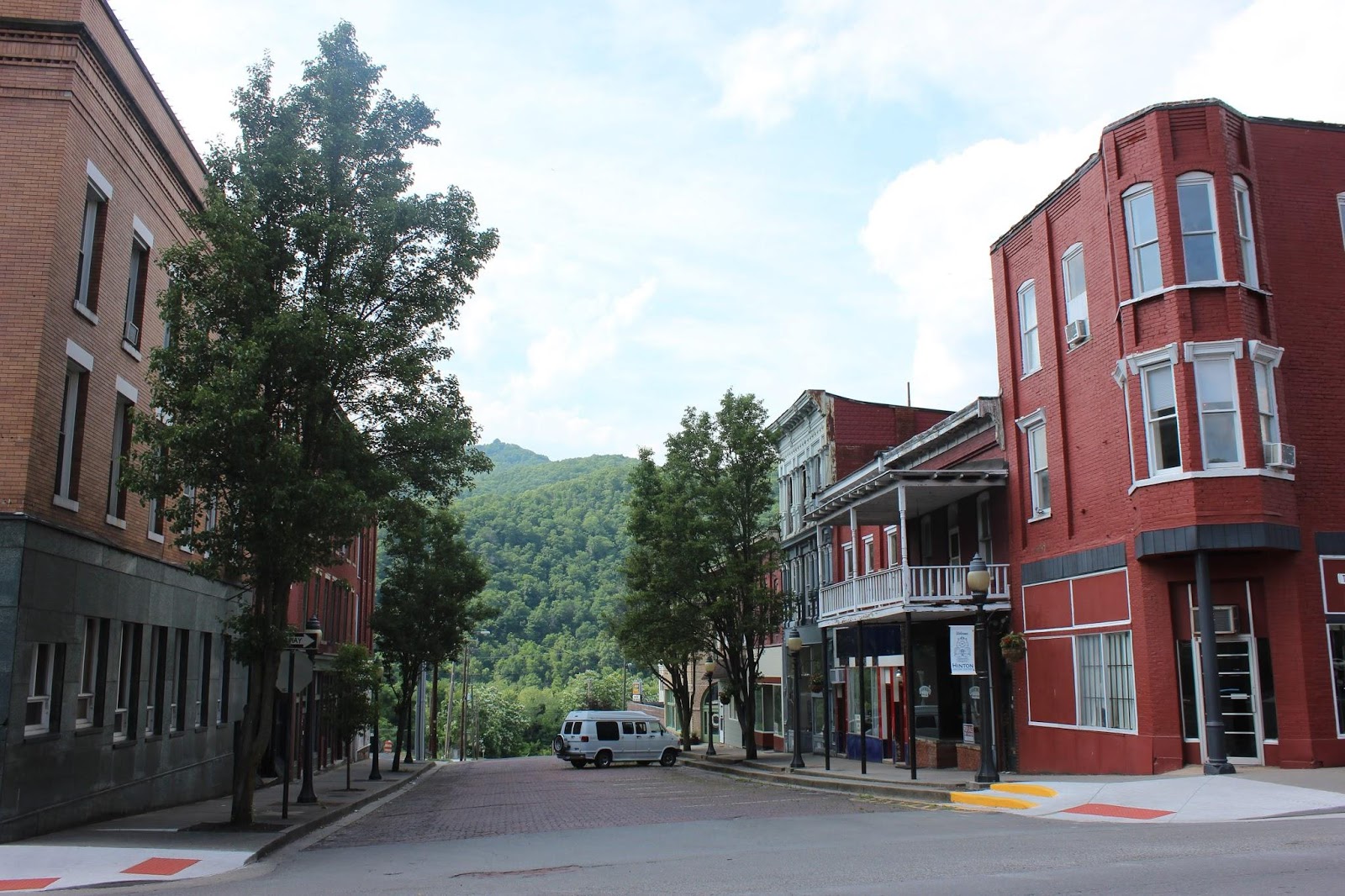
Venture capital (VC) works by investors providing money to start-ups that, in the eyes of investors, have potential. The trouble is that VC firms are dominated by rich white men who most often fund “projects founded by white men.” As Ilene H. Lang and Reggie Van Lee note in the Harvard Business Review, “65% of venture capital firms have no female partners, and 81% have no Black investors.”
As investors move beyond Silicon Valley to “underserved” areas like Appalachia, they deem which projects are worth money and which are not.
VC firms care first and foremost about their return on investment, which means they often scale projects too fast and ignore small problems that become bigger down the line. Start-ups that accept VC are forced to give up some control of their company, allowing VC firms to direct decision making that benefits their profitability, but not necessarily the company’s.
With a regional history of failed economic development projects, it seems natural for Appalachia to be skeptical about VC. Past efforts to develop old mines sites, for example, resulted in new shopping centers, hospitals, grazing land, industrial parks, prisons, and golf courses that generated little in terms of economic development. As Appalachian Voices notes, Those ‘if you build it, they will come’ industrial parks and golf courses now largely sit empty and unused.”
One venture capitalist interested in Appalachia is J.D. Vance, author of the much-praised and much-hated novel/movie “Hillbilly Elegy.” Vance worked as a managing partner for the Rise of the Rest Fund, which “invests in passionate entrepreneurs that are based outside of Silicon Valley, Boston, and New York City,” and this year he launched Narya, a VC firm based in Cincinnati, Ohio.
Many books and articles have been written in response to Vance’s portrayal of Appalachia. Critics argue that Vance perpetuates damaging stereotypes about Appalachian culture and people, portraying them as poor welfare queens that make bad decisions.
In the book, Vance famously writes about “what goes on in the lives of real people when the industrial economy goes south. It’s about reacting to bad circumstances in the worst way possible. It’s about a culture that increasingly encourages social decay instead of counteracting it.”
But Vance’s capitalist prescription to cure Appalachia’s ills is questionable. Like the capitalists before him, many native Appalachians such as Henry Clay Frick and Andrew Mellon said they would improve local lives but padded their wallets.
Vance, however, is not the only investor interested in Appalachia. Richard Branson, the English entrepreneur, investor, and founder of Virgin Group, announced plans to open a Hyperloop Certification Center in Grant and Tucker Counties, West Virginia. The choice of West Virginia reflects the recognition in Silicon Valley that Appalachia and other “overlooked hubs” offer cheaper living, more space, and less congested streets.
The revelation that land is cheap in Appalachia is not new. The 2013 report, “Who Owns West Virginia in the 21st Century?,” conducted by the West Virginia Center on Budget and Policy, found that “much of the state’s private land is still owned by large, mainly absentee corporations.” Back in 1810, “as much as 93 percent of [the] land in present day West Virginia was held by absentee owners.” As of 2013, “The top 25 private owners own 17.6 percent of the state’s approximately 13 million private acres” and “Not one of the state’s top ten private landowners is headquartered in West Virginia.”
Those statistics raise concerns about outside investment. Investors have been coming to Appalachia for centuries, yet Appalachia remains poor.
Nevertheless, hopes are high for the hyperloop project.
“The Hyperloop Certification Center will put West Virginia on the map as a hub of innovation. The project will help further diversify our economy, attract jobs and investment, and shine a spotlight on what makes our state great,” Congressman David McKinley said.
Another promising project in Appalachia is AppHarvest, an indoor commercial farm in Morehead, Kentucky. With $150 million in funding, the farm is set to become one of the largest in the world. Jonathan Webb, the founder of AppHarvest, gathered inspiration from indoor farms in the Netherlands. Webb intends for AppHarvest to embrace the sustainable agriculture principles of Dutch farms while also being socially responsible by offering entry-level workers benefits and paid time off.
The realities of a capitalist world necessitate economic growth and VC is another attempt at bringing economic growth to a region that hasn’t experienced it in some time. The implications, however, of capital investment warrant concern in Appalachia where broken promises and resource exploitation are carved into a landscape of ghost towns and destroyed mountains.
Annie Chester is a writer and co-founder of expatalachians. She writes about the environment and culture in Appalachia and abroad.
Subscribe to The Patch, our newsletter, to stay up-to-date with new expatalachians articles and news from around Appalachia.


